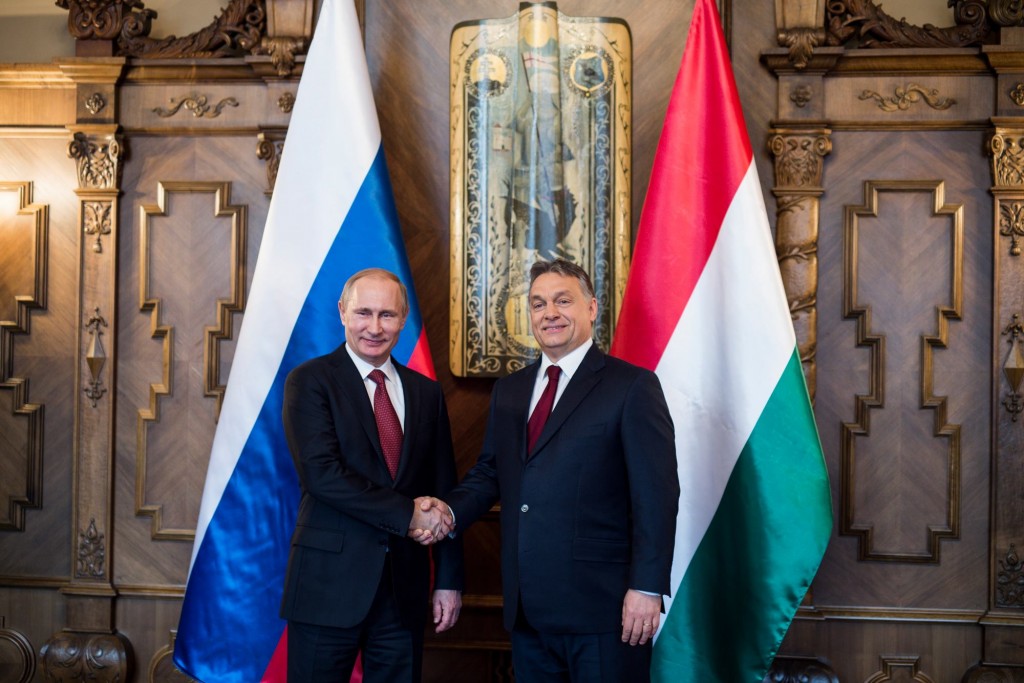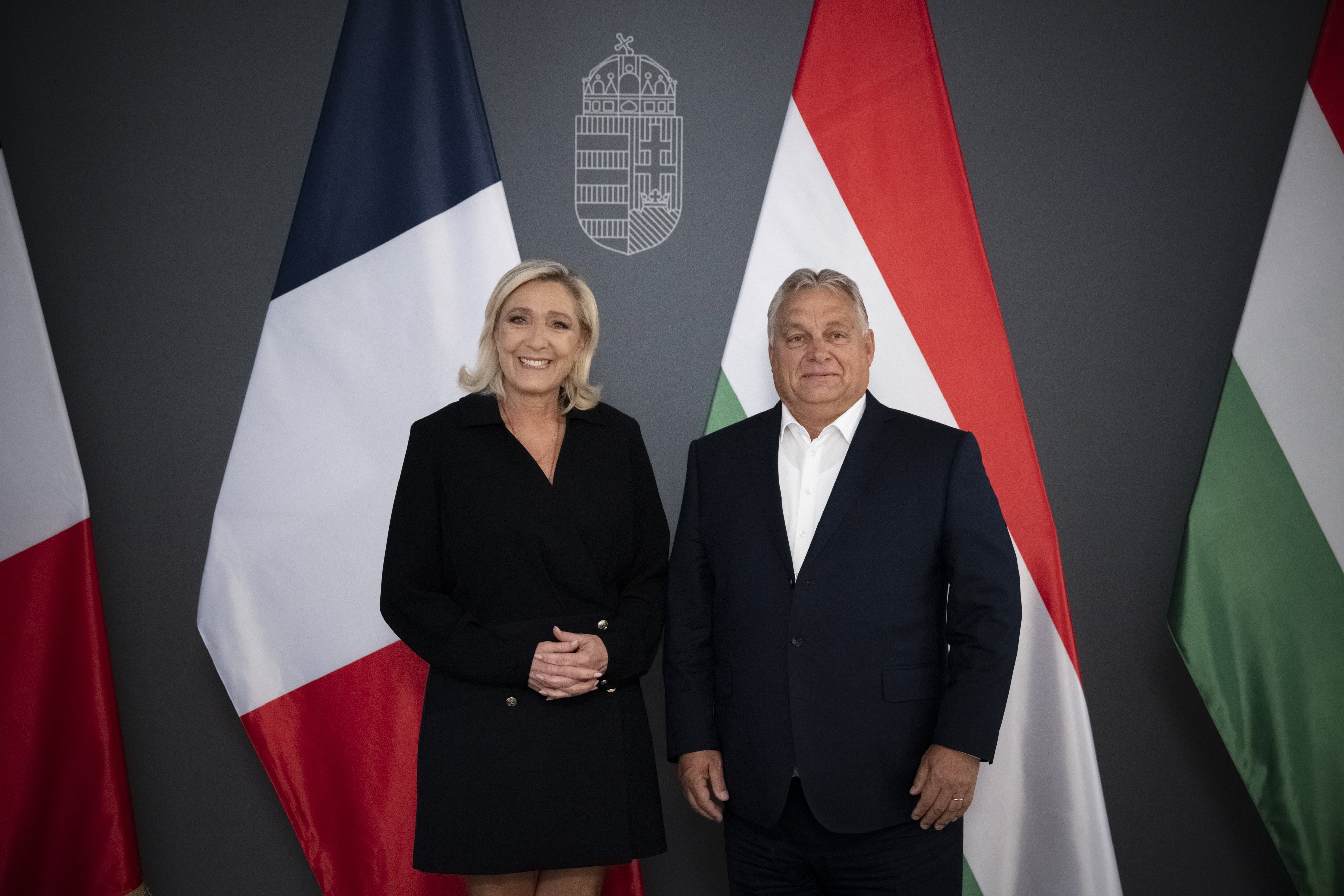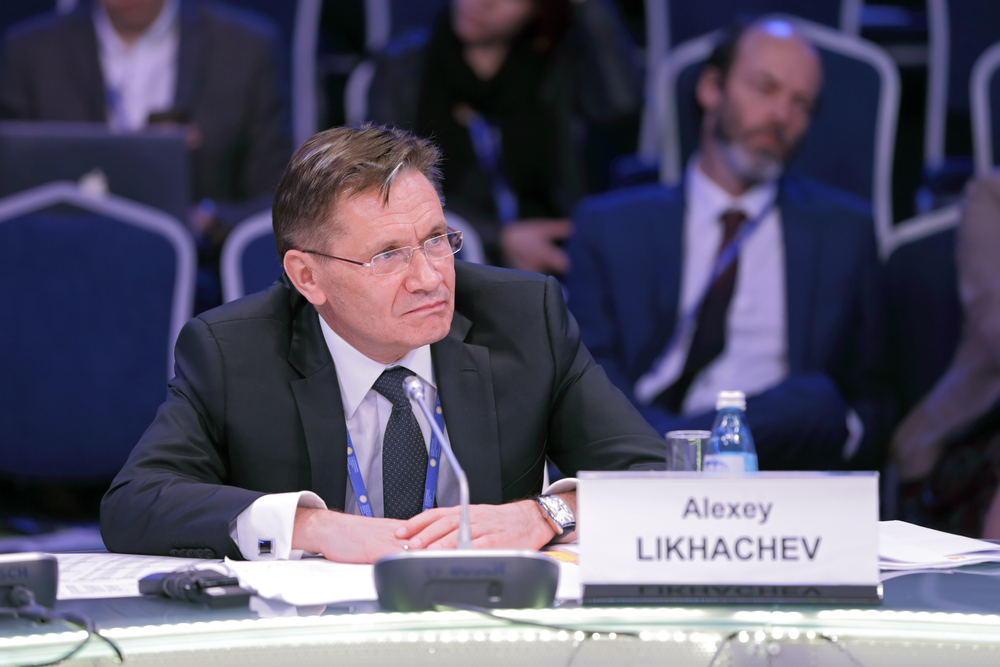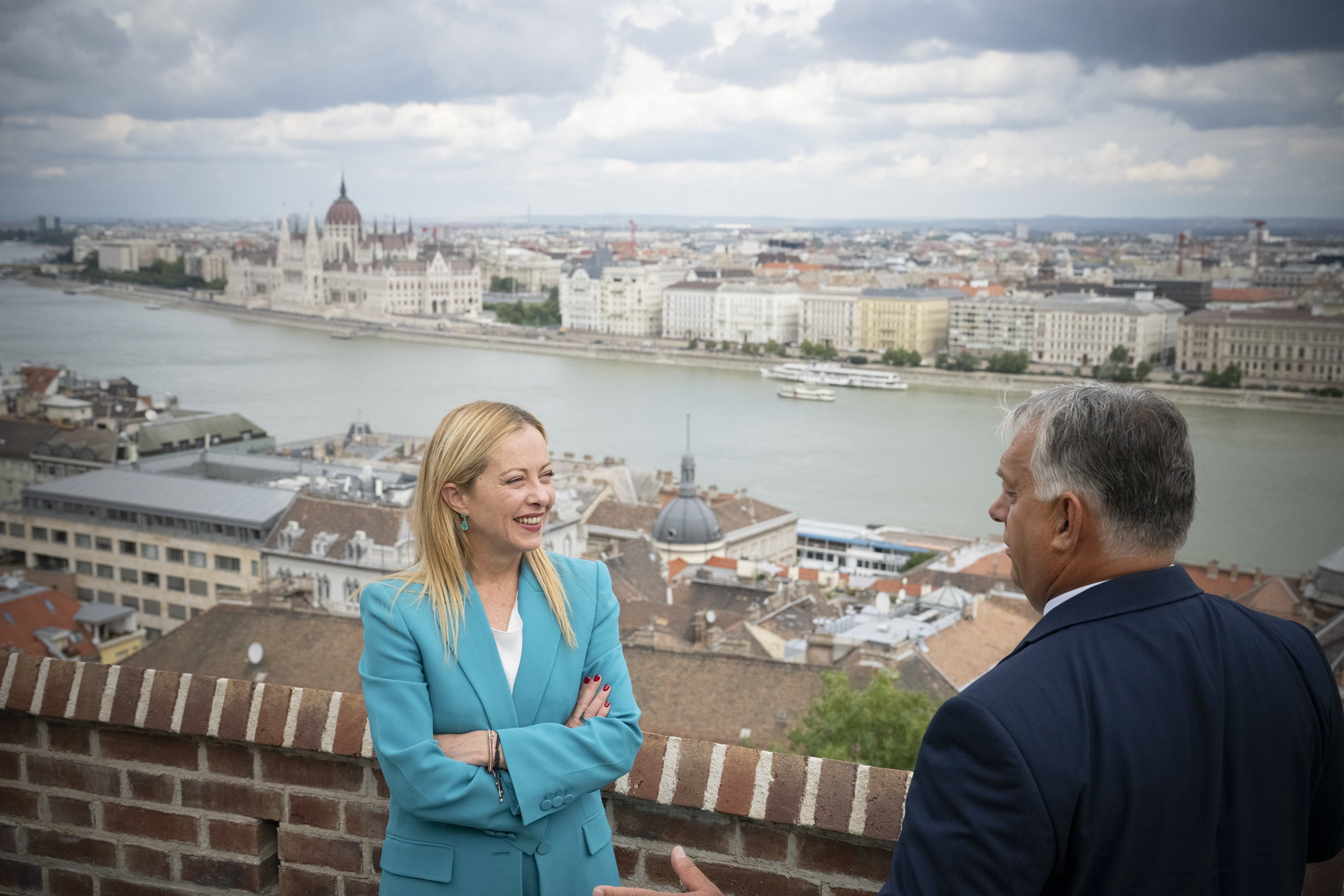Analysis: Putin gains little from BP visit

The following story, written by Pavel Shchelin, is from the February 27-March 12 print edition of the Budapest Business Journal.
While Western observers say that Russian President Vladimir Putin is looking at Hungary as a means of entry into the European Union, analysts in Moscow say that Putin really wants Hungary’s exit from the EU. In that sense, it would seem that, while Hungary got the cheap natural gas it was after, the Russian leader did not make much progress toward his own goals during his February 17 visit to Budapest.
Since the G20 summit in Australia in November 2014, Putin has tended to avoid visits to Western countries. Conversely, Russia’s policy in Ukraine, and its annexation of Crimea, has reduced the desire by Western nations to host Russian president. Most of the Western discourse on Russia and its leader centers on sanctions aimed at stopping military intervention in the eastern states of Ukraine.
This is why Putin’s visit to Budapest in February was such a remarkable event. As Orbán reiterated in an interview with the Russian press right after the meeting, Hungary is one the few EU members that does not publicly support sanctions against Russia, and the country’s leadership is relevantly tolerant towards Putin’s policy on Ukraine. Moreover, after the July speech in which Prime Minister Viktor Orbán described Hungary as an “illiberal democracy”, modeled on states like Russia and Turkey, he has been blamed by the Hungarian opposition for conducting the policy of “Putinization” of the country. Russia and Hungary have close ties in the energy sphere, strengthened by a €10 billion loan deal to expand Hungary’s only nuclear plant, located in Paks, that Orbán signed – seemingly out of the blue – last year in Moscow.
For the Hungarian side, the central point of the recent visit was the natural gas deal. For about ten years, the country counted on the South Steam gas pipeline that would have created a link between Russia and Southern Europe while circumventing Ukraine. This project has now been scrapped and the Russian government is planning to build another pipeline, this time via Turkey. Orbán is looking for cheap gas to stimulate the Hungarian economy, so the visit can be considered a success for him: The Russian president agreed to continue shipping natural gas to Hungary on even more beneficial terms than those spelled out in the 1996 agreement that expires this year.
Putin offers ‘pragmatism’
Success in obtaining his own goals is harder to measure. Despite assertions of some observers that Putin is looking for a point of entry into Europe, political analysts in Russia view Putin’s policy as a search for allies inside of Europe who would prefer him instead of the EU and the United States.
Russian commentators say that, as an alternative to the West, Putin offers his partners “true independence”. For example Anton Krylov from www.vz.ru writes: “By only taking into consideration the interests of its partners, Moscow may make the voice of politicians now called ‘pro-Putin’ and ‘marginal’ the official voice of the majority of the people of Europe [...] Russia can counter America with a policy of ‘new pragmatism’ that puts an emphasis on the economic cooperation rather than on the export of political values.”
It seems the Russian government would like to use Hungary as an example of the benefits that European countries can obtain from Putin’s model of partnership: economic dealings without enforced political values – something that is unacceptable to Brussels. In Budapest, Orbán has shown that it is still possible to do business “as usual” with Russia, as if nothing had happened last year in Ukraine. Moreover, he speaks of the importance of the dialogue with Russia, trying to give the impression that there had not been real efforts at dialogue during the last year.
The crucial problem with Russian-Hungarian relations is that Russia’s friendship does not really come without any political concessions: Putin will only offer economic cooperation if Hungary accepts his policy towards Ukraine, or at least does not openly oppose it. But for other Hungarian partners, especially the country’s biggest economic partner, Germany, such an approach is unacceptable. In fact Putin does place political demands on his partners, and at some point those partners would have to choose between Russia and the West.
From the standpoint of pragmatism, so loudly trumpeted by Russian politicians, there are more benefits in cooperating with the West, as the EU and the United States currently have better economic outlooks than Russia. In fact, Russia is entering into the country’s biggest recession since 1998, due to low oil and gas prices, as well as sanctions, combined with the impact of 15 years of corrupt bureaucratic management. In the long-term, the defeat of Putin in his stand against the United States and the European Union is inevitable. It is always pragmatic to be on the winner’s side.
For now, Orbán is seeking to take advantage of Russian energy resources, and Putin is ready to offer easy credit and low-cost natural gas in exchange for the image of having a partner in Europe. Meanwhile, despite his anti-EU rhetoric, the Hungarian leader is strengthening ties with Germany, and has shown during the recent visit of Angela Merkel he does not have serious problems on this front.
But, as a new cycle of violence threatens the cease-fire in Ukraine, and backsliding from Moscow on the truce seems inevitable, it appears that the EU will impose new sanctions on Russia. New economic sanctions could include kicking Russia out of the SWIFT electronic banking system, making cooperation with Russia very difficult. Eventually Hungary will be forced to make a definitive choice between Putin and the EU. Until the divisions between Russia and the EU grow wider, Orbán still has some room to maneuver between the Eastern and Western poles of power. But he should remember that he might run out of room soon.
SUPPORT THE BUDAPEST BUSINESS JOURNAL
Producing journalism that is worthy of the name is a costly business. For 27 years, the publishers, editors and reporters of the Budapest Business Journal have striven to bring you business news that works, information that you can trust, that is factual, accurate and presented without fear or favor.
Newspaper organizations across the globe have struggled to find a business model that allows them to continue to excel, without compromising their ability to perform. Most recently, some have experimented with the idea of involving their most important stakeholders, their readers.
We would like to offer that same opportunity to our readers. We would like to invite you to help us deliver the quality business journalism you require. Hit our Support the BBJ button and you can choose the how much and how often you send us your contributions.








